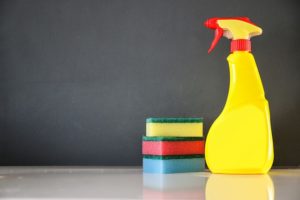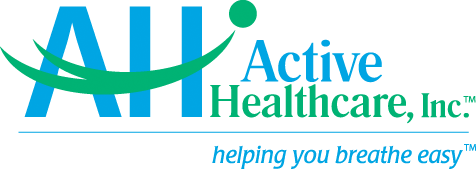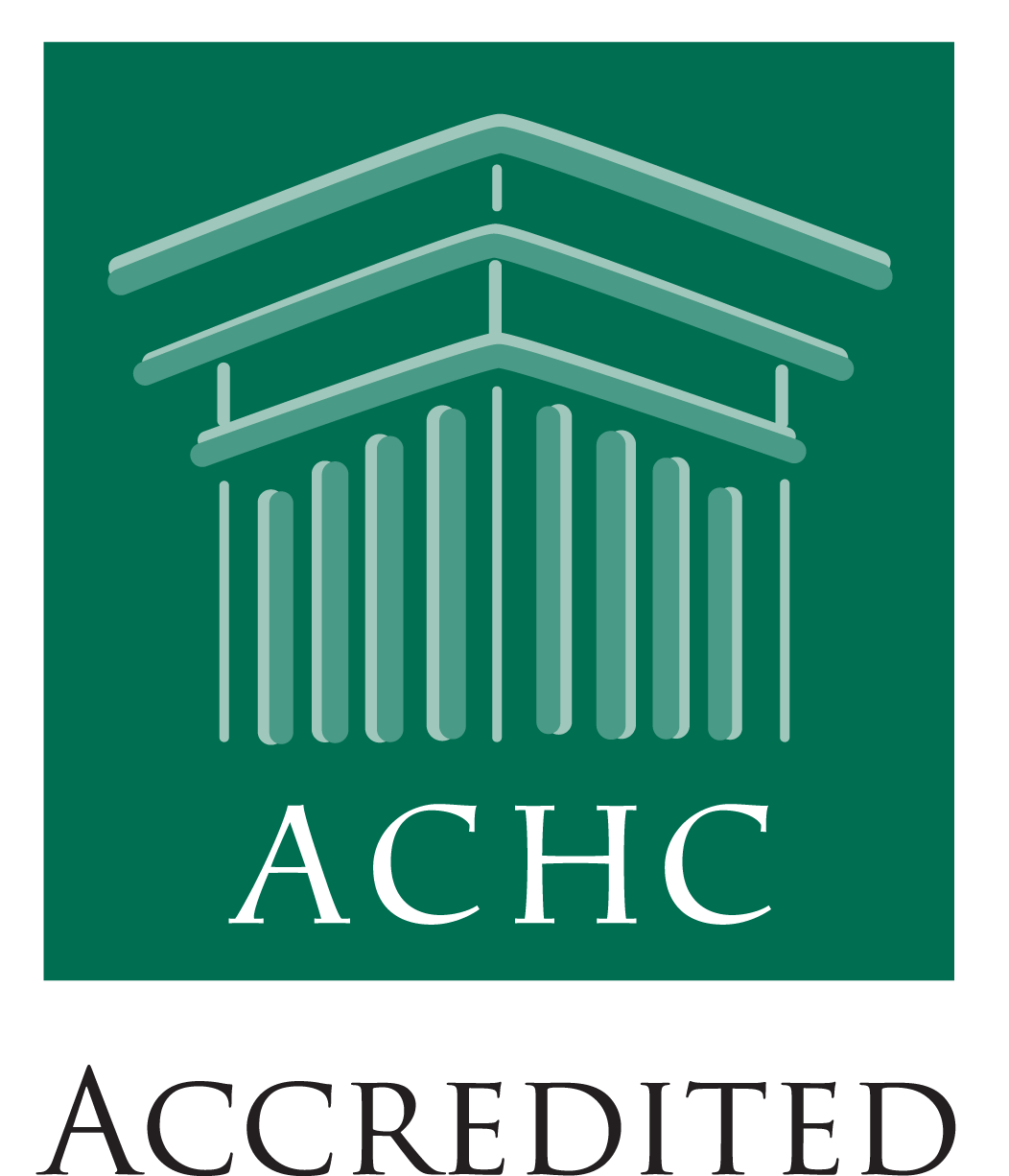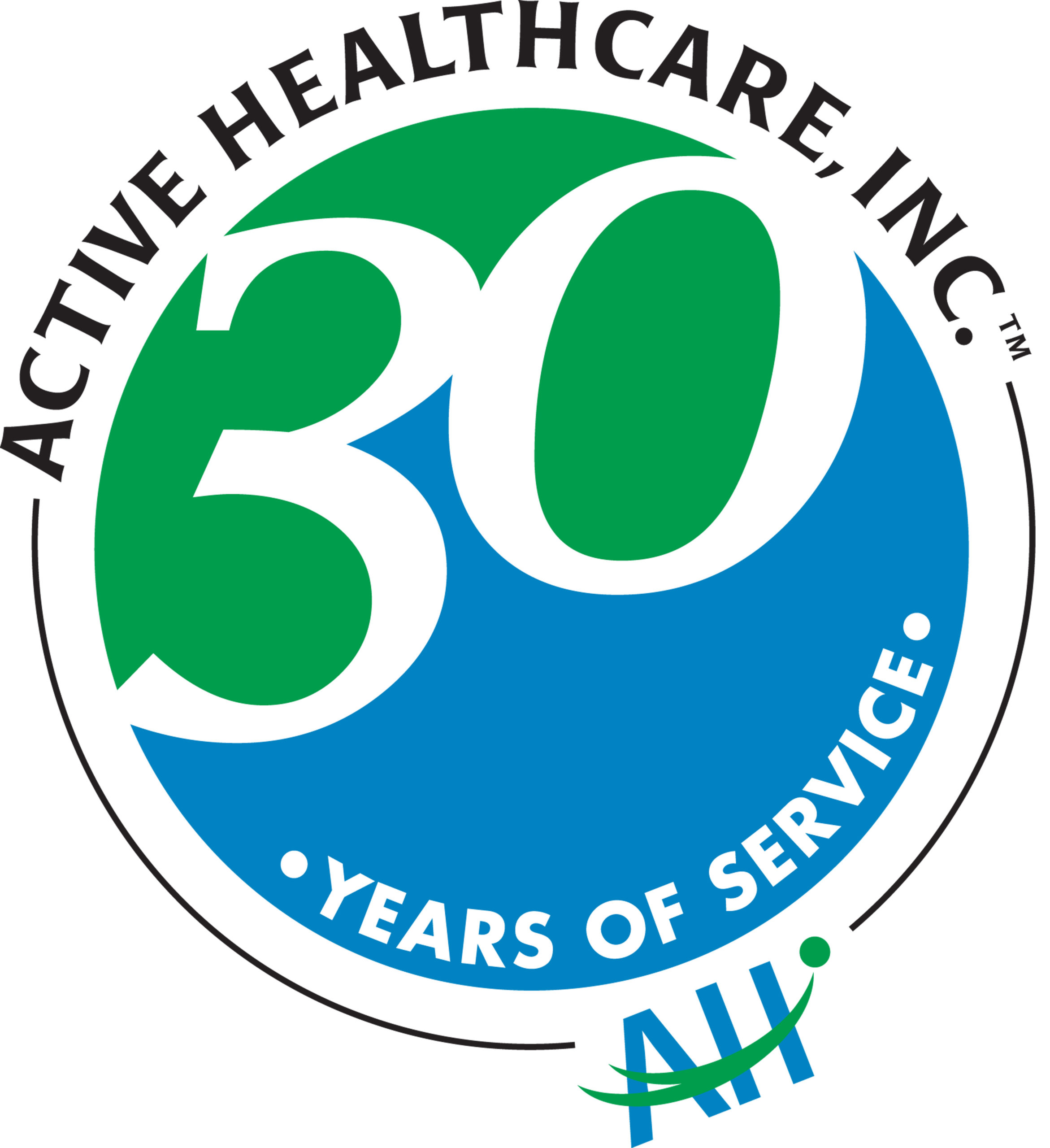 January 10, 2019
January 10, 2019
 Allergies, Asthma, Breathe EZ
Allergies, Asthma, Breathe EZ
 Leave a comment
Leave a comment
 allergies, asthma, Asthma Triggers, germs
allergies, asthma, Asthma Triggers, germs
The winter season is peak time for cold and flu. Getting vaccinated against the flu is always a good idea but remember that germs are sneaky and can lurk in the most unlikely places.
Bacteria and viruses are spread by both direct and in-direct contact. A sick person can sneeze or cough near you. You might touch something that has been contaminated by a sick person who has passed by before you.
Remember that people with asthma can often be more susceptible to any respiratory illness. Small children are still working to build their immune systems. When they catch a cold or virus from other kids or pick up germs in their environment, they get sick and share the illness with their family members.
Germs in Your Office
 Your desk is ground zero for germs in the office. Recent studies showed that your desk can have 400 times more bacteria than a toilet seat. These unfriendly office visitors can survive up to three days on these surfaces. Everyone should disinfect their desk work surfaces including the keyboard, mouse and phone on a regular basis, but during cold and flu season it is even more important.
Your desk is ground zero for germs in the office. Recent studies showed that your desk can have 400 times more bacteria than a toilet seat. These unfriendly office visitors can survive up to three days on these surfaces. Everyone should disinfect their desk work surfaces including the keyboard, mouse and phone on a regular basis, but during cold and flu season it is even more important.
Don’t forget about shared work spaces like the break room, copy machines and shared workstations. At our office, we encourage those who are sick to stay home. Fellow team members have been known to swoop in to wipe down the desks and work areas of their contagious colleagues to keep the sickness from spreading.
Germs in Your Home
 The dirtiest parts of your home include the kitchen sink and drain, along with the sponges and dish rags you use to wipe the counter or wash dishes.
The dirtiest parts of your home include the kitchen sink and drain, along with the sponges and dish rags you use to wipe the counter or wash dishes.
Any location where water is present is highly susceptible to bacterial accumulation. Again, if someone at home is sick, you’ll have to step up your disinfecting efforts.
Germs at the Doctor’s Office
Many pediatricians’ offices separate ‘well’ and ‘sick’ children in different waiting areas. This can be a great way to avoid others who are coughing and sneezing if you are well. Since the same doctors and staff are caring for both sets of patients, here are a few ways to avoid germ magnets at your MD office.
Bring your own pens and reading materials. Test swabs show that those waiting room clipboard pens are far dirtier than door handles and waiting rooms chairs.
Don’t be afraid to ask the staff to wash their hands, especially after touching hand held devices and stethoscopes, and before touching you.
Bottom line, wash your hands frequently, avoid contact with people that are obviously sick, and schedule frequent cleanings around your home and office. As a favor to everyone one else, if you’re sick, stay home and rest rather than spread the contagion.
















